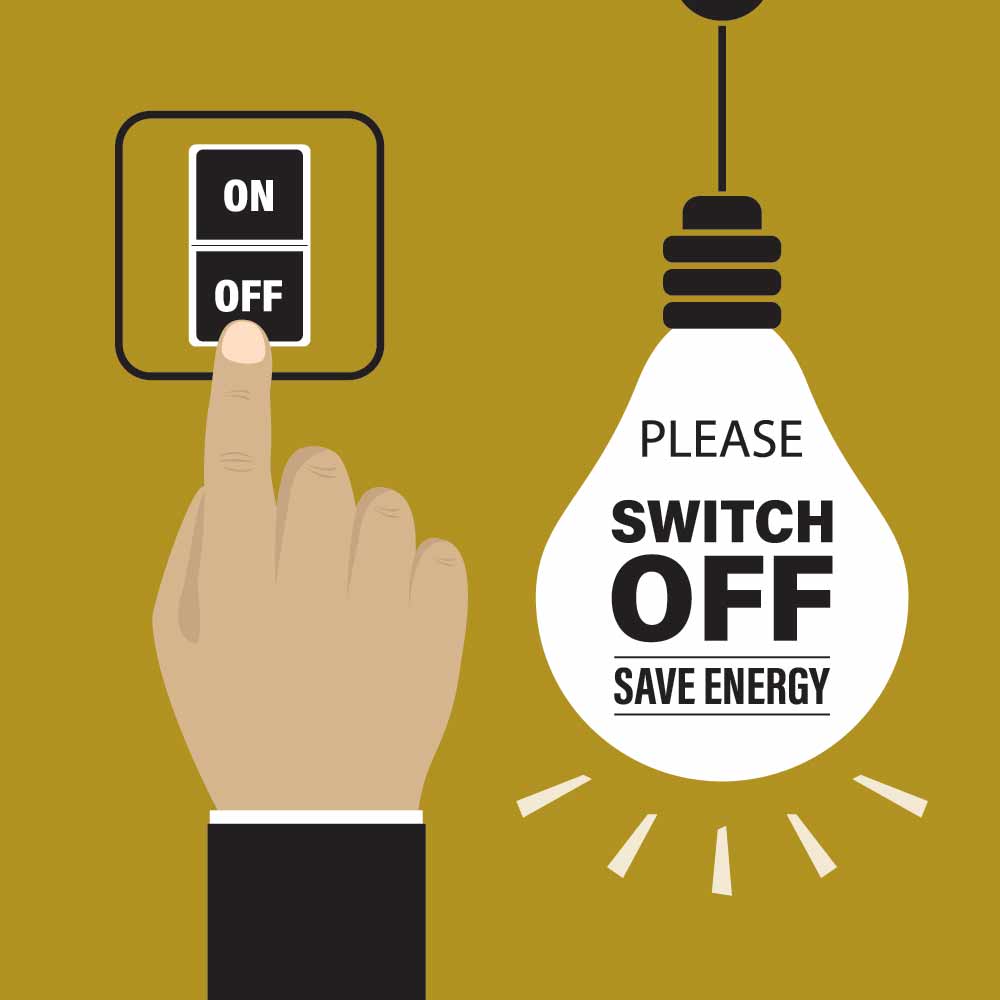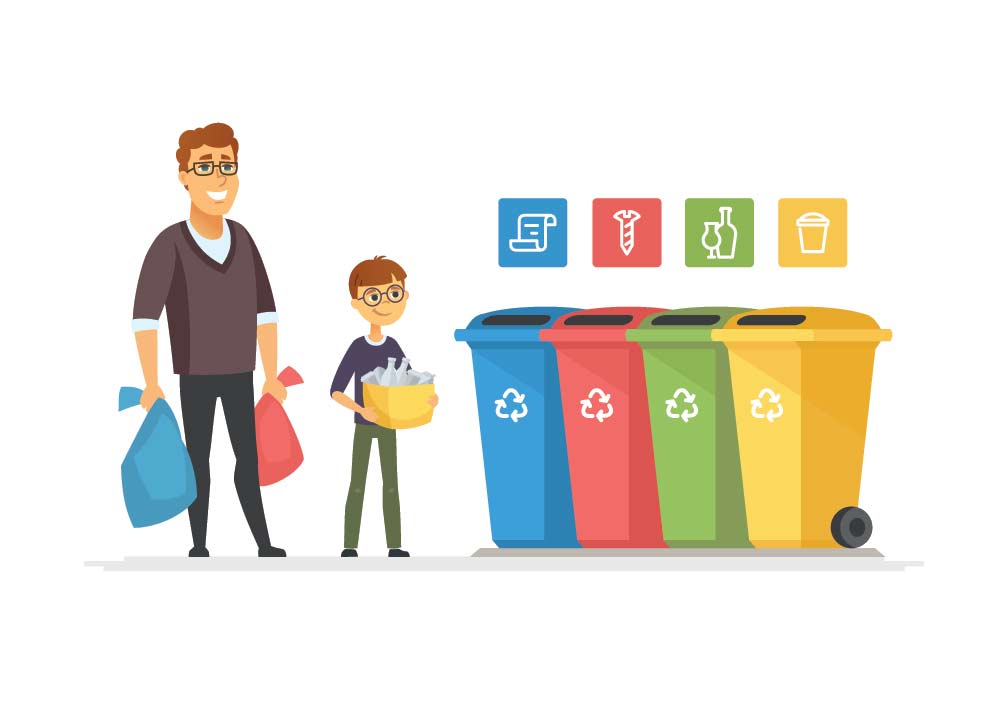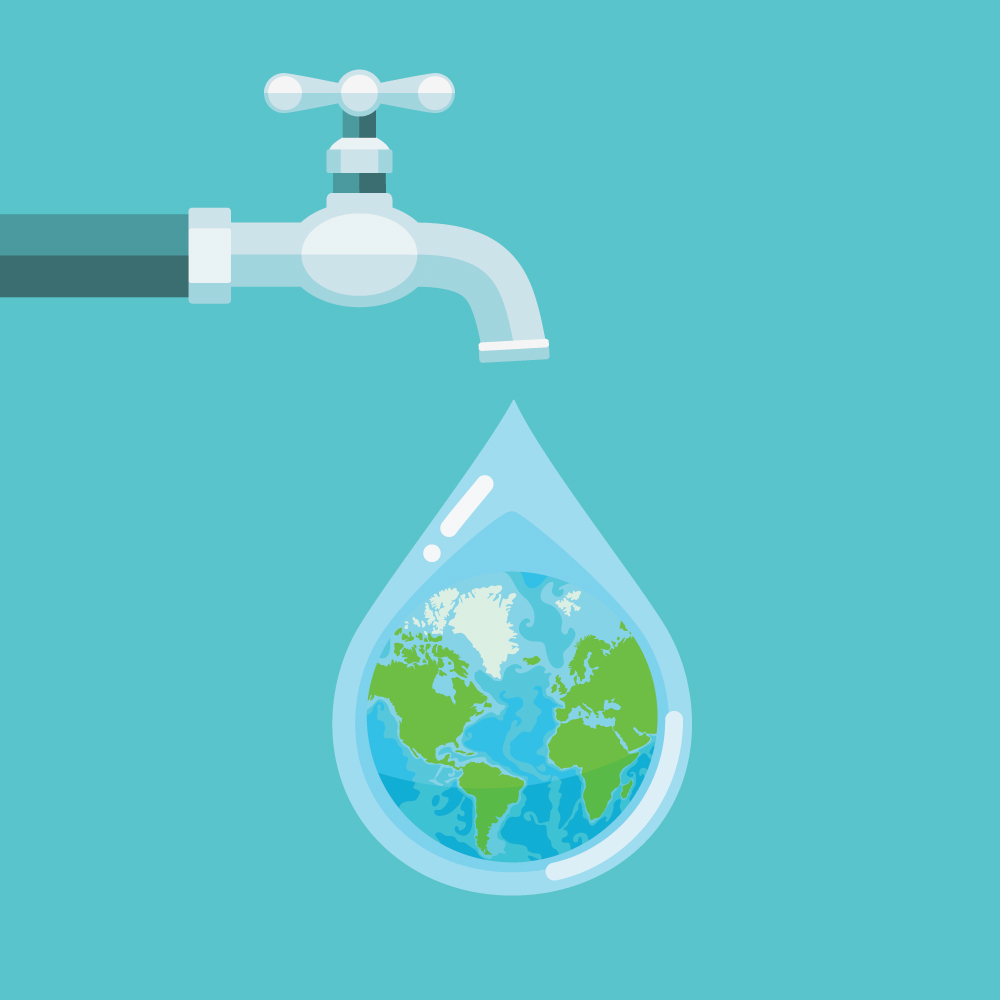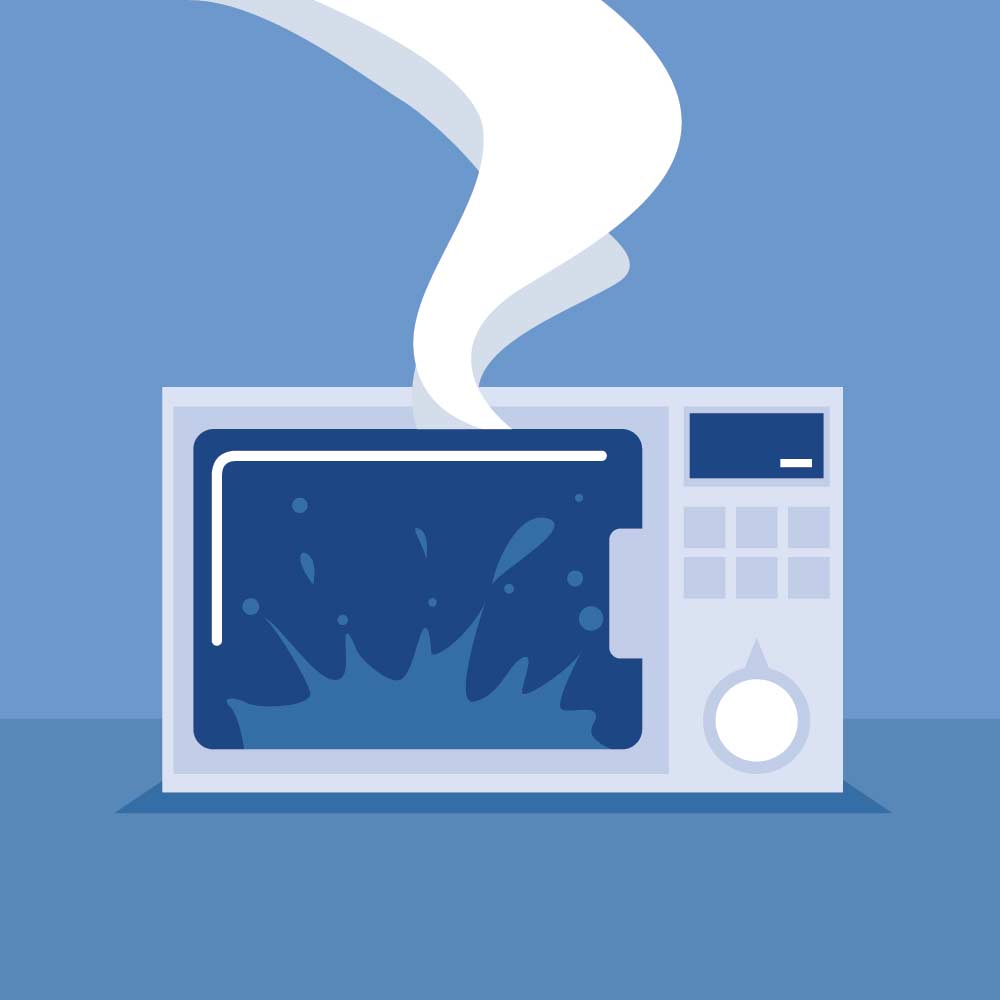They say charity begins at home, but so does sustainability. When it comes to leading a sustainable, conscious and less wasteful lifestyle, a little can go a long way. Here are six things you might be doing every day that are not environment friendly.
1. Leaving the lights on
Switching off the lights or fan when not in use doesn’t just save your money on electricity bills but also a whole lot of energy. Even if it is for a few minutes, turning the switch off can save the unnecessary use of a finite source of energy. Try using post-its or sticky notes as reminders around the house to give yourself a little reminder. Using energy-efficient bulbs and lights can also help save energy on a daily basis. Not to mention the reduction in waste since you’ll be throwing out the bulb less often.

Image used for representational purposes only.
2. Not deleting unnecessary emails
Did you know emails also have a carbon footprint? Emails use cloud storage which requires a lot of electricity, which is usually generated by fossil fuels, which means every email you store, send or receive has carbon emissions. According to The Good Planet, if every person only deleted 10 spam emails, 1,725,00 gigabytes of storage space and around 55.2 million kilowatts of power could be saved. You can also unsubscribe to newsletters you don’t plan on reading.

Image used for representational purposes only.
3. Flying sustainably
Opt for direct flights over connecting ones. As the distance you cover overall is less on a direct flight, the carbon emissions that are a result of your trip are also less, making sure your carbon footprint is smaller. You can also consider alternatives like trains or buses for shorter distances to save more energy.

Image used for representational purposes only.
4. Not segregating waste
Biodegradable waste that can be repurposed should not end up in a landfill. Not only will this be a waste of a perfectly good source of materials or energy but it also means it will take up unnecessary space in the world’s already overfilled landfills.

Image used for representational purposes only.
5. Leaving the tap on
Even though our planet houses a lot of water bodies, only one per cent is not saltwater, frozen or unpolluted i.e. only one per cent is available for human use. Climate change has also led to droughts in different parts of the world. While we may be a part of the privileged few that has access to water, it’s best to avoid wasting it. Brushing your teeth or washing your face? Make it a point to not leave the tap on and save as much of this finite resource as you can!

Image used for representational purposes only.
6. Using electricity to boil water
Using electrical appliances like a microwave to boil water uses more energy and has a larger carbon footprint than using gas to boil water. In simpler terms, its more energy-efficient to use the good old stove to heat or boil water and avoid a larger carbon emission.

Image used for representational purposes only.